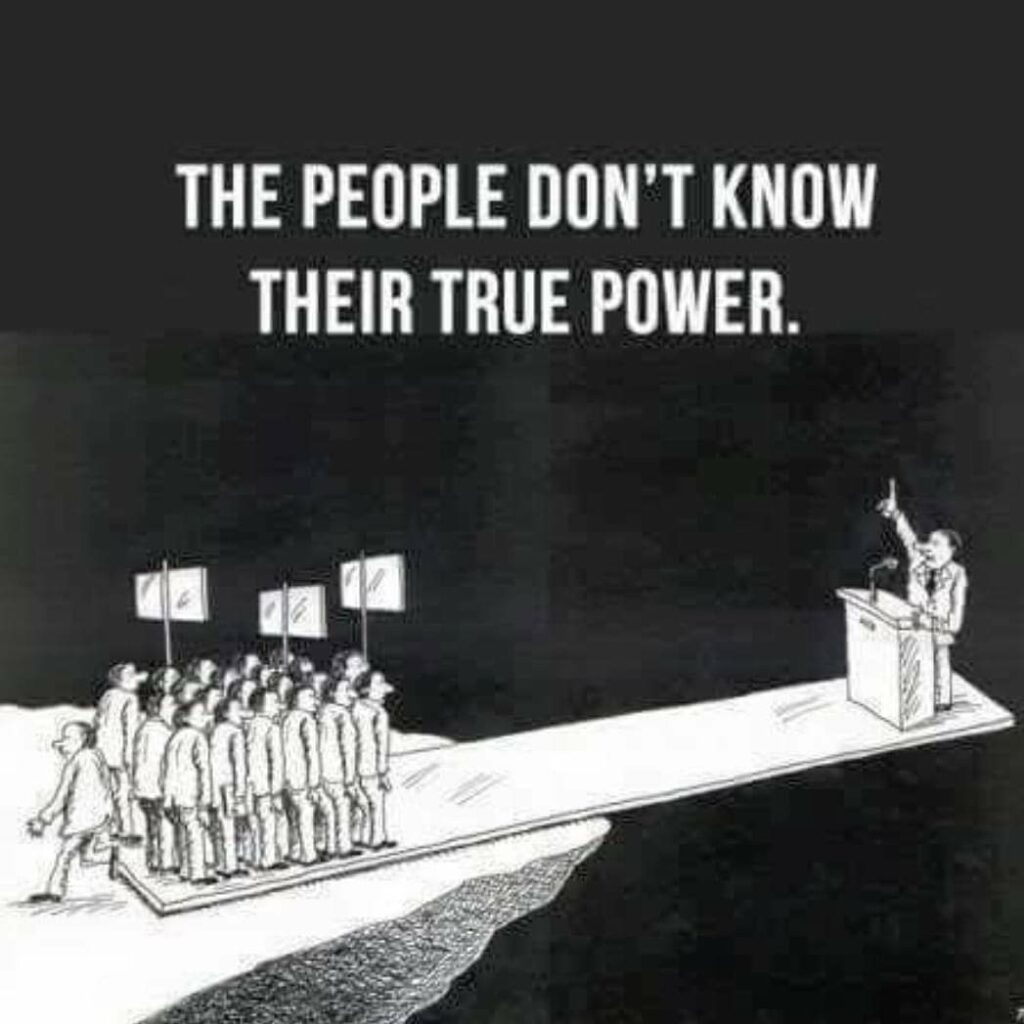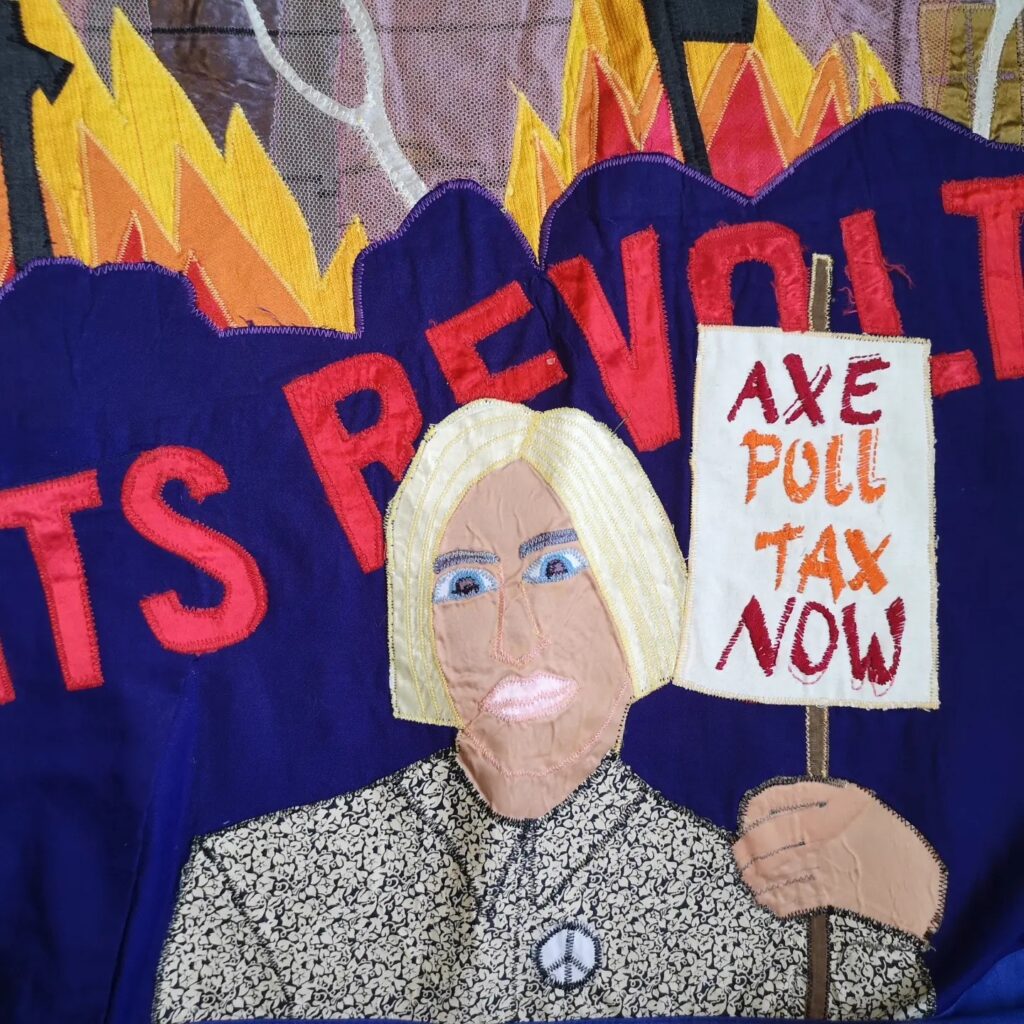A wider view of this https://nathanakehurst.medium.com/whose-party-ce23a8099624
Fluffy side: cautious, slow-moving, grounded in “keeping the peace” and managing optics. Classic problem: avoidance of conflict means bottlenecking decisions, blocking energy, and trying to centralise control, so things don’t blow up. Spiky side: impatient, direct, “get it done” energy. Spikiness pushes things forward, but often burns bridges, creating splits and mistrust. Neither path alone works – one stalls out, the other fragments. Their clash in the UK “Your Party”, just tore apart what was an opening for a broad left #mainstreaming alternative which we do need.
There are lessons here for horizontal/grassroots paths, a big one is that centralisation kills: When “leadership” becomes bottlenecked around personalities (Corbyn as “elder statesman”, Sultana as “young firebrand”), it reproduces the same control problems we see everywhere – #NGO capture, careerist gatekeeping, etc. Energy without mediation burns out: Spiky approaches are essential (they break inertia), but without social glue and open processes, the movement shatters.
Sadly, it’s looking like the political vacuum, is back. The 700,000 people who signed up are proof that there is real mass desire for something beyond the #deathcult #mainstreaming. But they’re now “homeless” – with no trustworthy structures to plug into. That vacuum will either be filled by opportunists (careerists, NGOs, “#fashernista”), or open the path for something like the #OMN: messy, federated, not centralised around personalities. And/Or the Green Party (this needs a separate post).

Focusing on the grassroots path I have been working on: this is exactly why the #OMN and #openweb reboot needs balance, so the signal-to-noise ratio can stay healthy. Otherwise, we just mirror the left’s long history of splits. What it means for the fluffy/spiky debate: The “Your Party” implosion shows us:
- You can’t fix spiky by being fluffy. The soft style just frustrated allies and deepened mistrust.
- You can’t replace fluffy with spiky.
The only path forward is process, not personality. That’s where horizontal projects like the #OMN can work – by creating open, transparent, mediated structures that don’t depend on charismatic individuals at the centre.
For the #openweb reboot, this bad moment is actually what we are working to fix. It shows how much energy there is (hundreds of thousands signing up). It shows the cost of control blindness. Likewise, it creates urgency for native governance paths and experiments in the #fediverse and beyond – where messy affinity-based groups, guided by the #4opens, can provide a home that doesn’t implode around personality clashes.
The question now is who can see the need for the practical mediation layer of the #OMN, is designed to bridge – not abstract theory – it’s the path that makes messy, spiky, fluffy humans work together without blowing everything up. For the #OMN and #openweb reboot, the answer isn’t “less conflict” or “more central leadership,” but better mediation and horizontal process, so collective energy isn’t wasted on repeating the same old splits.
What we are the seeing is the limits of #fashionista and #geekproblem control blindness.

How do we deal with this generation of people – formed by #neoliberalism, #dotcons, #mainstreaming, #stupidindividualism – when what’s needed is collective change and challenge?
The generation of the last 40 years of “There is no alternative” (Thatcher → Blair → Sunak/Starmer) produced passivity and cynicism. #Dotcons capture: people live inside algorithmic bubbles, shaped for consumption, not collaboration. This is the era of individualism as common sense: many can’t even imagine “the collective” except as a threat. We now face naked, fear + distraction: #climatechaos, wars, economic precarity → endless doomscrolling instead of agency. And this is why movements implode: the raw material (people) have been warped by the #deathcult.
What we can work with, even in this mess, people still show hunger for meaning (why 700,000 signed up for Corbyn–Sultana’s thing). Anger at the #nastyfew elitists (but it often gets channelled rightwards – Farage, Trump, Reform, conspiracies).
There are moments of solidarity (mutual aid, Palestine protests, climate camps). Skill fragments (#geekproblem energy, activist culture, DIY practice – but siloed). We don’t start from zero – we start from these contradictions.
Practical paths for dealing with this generation is in part about: Break the spell by expose #mainstreaming as a control system, using simple, repeatable stories (hashtags, memes, metaphors like composting/shovels) to make the invisible visible.
Then the path, affinity first, not mass. Don’t try to herd 700,000 people. Start with small, trust-based circles that actually work. Show results, not rhetoric. This attracts people who are sick of endless talking shops. Compost the conflict, instead of suppressing spiky energy (which turns toxic), build mediation layers, so conflict gets processed into growth. This prevents the inevitable splits from killing projects before they start.
We need working, visible alternatives, things people can touch: #OMN publishing hubs, #fediverse tools, radical media gardens. Each working piece is a counter-spell against “there is no alternative.” This is about reframing success and stop only measuring change in electoral wins or #NGO funding circles. We need to measure it in resilient collectives, working infrastructure, and shifts in common sense.
The challenge we need to compost, is that, the current generation has been trained in #stupidindividualism. What we need to learn is you cannot beat that as individuals, the only path is to recreate collectives – messy, organic, trust-based – where people can unlearn the #deathcult through practice. That’s why #OMN, #OGB, #indymediaback matter: they’re not just tools, they’re containers for relearning collective life.








